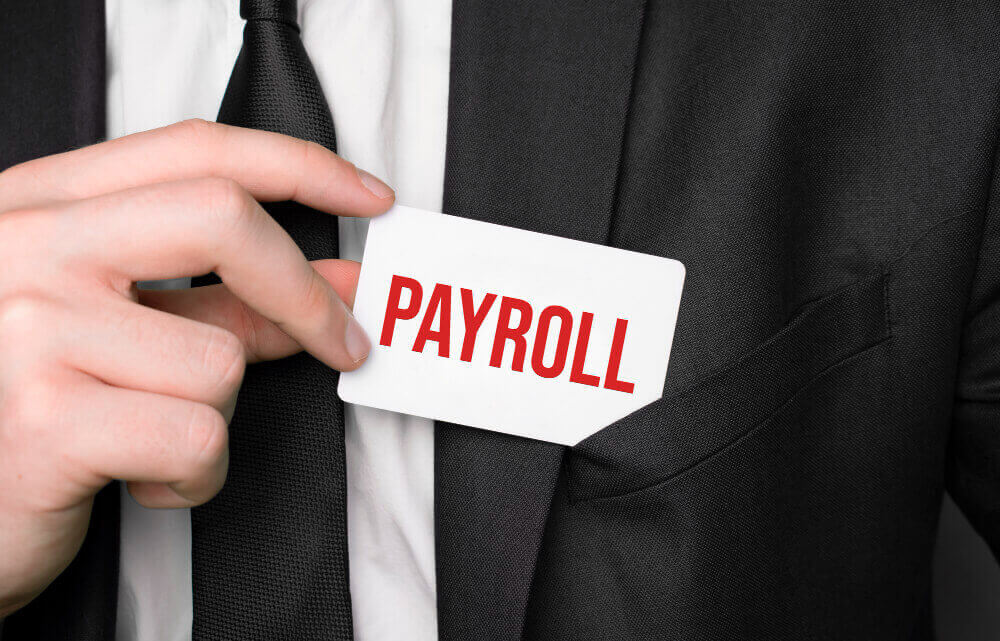The term “tax investigation” can fill your mind with dreadful thoughts. Though a tax compliance check will not necessarily bring bad news to your business, the process can be a real pain for owners.
Here’s a small guide on everything you need to know about UK tax investigations.
Table of Content
- What is the UK tax investigation?
- What happens during a tax investigation?
- What triggers a tax investigation?
- Which taxes come under investigation?
- How to prepare for tax investigation?
- How long can a tax investigation be?
- How far back can the investigation go?
- What can be the possible outcomes of an investigation?
- Wrapping up
What is the UK tax investigation?
HM Revenue and Customs perform tax investigations in the UK to ensure you pay the right amount of tax and comply with the regulations.

If HMRC chooses your business for an inquiry, you will receive an official letter or a phone call to provide information. Not necessarily; a tax investigation claims you are guilty, but performing proper accounting and finding a good accountant can save you time.
The UK tax investigation may include checking on the
● Tax amount
● Accounts and tax calculation
● Self-assessment tax return
● Company tax return
● VAT returns and records for VAT-registered businesses
● PAYE returns and records for any employee
What happens during a tax investigation?
The amount of information HMRC demands vary depending on the tax investigation you face. The UK conducts three different tax investigation processes,
● Full Enquiry: HMRC will look into every aspect of your business, including financial records, tax affairs of company directors, and other business affairs.
● Aspect Enquiry: It is simpler than Full Enquiry, where HMRC investigates specific aspects of your tax returns and asks for additional information.
● Random Enquiry: HMRC can initiate a random check anytime, whether you have triggered an investigation alert or business accounting scenario.
Once they collect the necessary details, they proceed with the tax investigation. During the audit, they check your accounts and ask you about finances until they reach a solution.
What triggers a tax investigation?
HMRC initiates a tax inspection when there is a discrepancy in your financial figures. For example, a company with significant turnover pays a small tax and invites HMRC for an investigation.
However, there are a few other reasons for a tax investigation.
Missing information or mistakes
There can be chances of missing a section, paying too much or too little, or forgetting to tick a box before submitting the tax return. HMRC initiates an investigation to find out the reason for the inconsistency. You can resolve the problem quickly and restart your business if you have the proper documentation.
You work in a ‘high-risk’ industry.
Specific industries attract the more proactive look of HMRC to avoid tax shortfalls. For example, a business that takes regular cash payments may be a high-risk industry.
Inconsistency in tax returns
Suppose you show a significant fall in income levels from the previous year, making HMRC suspicious of inconsistencies. You can use extra space on your tax return form to explain any unusual fluctuations in turnover or profit.
You show a suspicious attitude.
HMRC can initiate an investigation if they find evidence of fraud or criminal activities. Plus, showing a range of innocent behaviours might make HMRC suspicious until you provide sufficient proof. For example, submitting your tax return late consistently, accounts that do not match the common industry standards and others.
Which taxes come under investigation?
People have a misconception that tax investigations involve only their income tax. HMRC looks closely at different taxes, including VAT, Corporation tax, capital gains tax, construction industry scheme, and IR35.
How to prepare for tax investigation?
There is no guarantee of avoiding a tax investigation even when you are a law-abiding citizen. Preparation for tax investigations can ease anxiety and stress and allow the investigation to run easily and smoothly. If you can provide every piece of information that HMRC requires, it will do its job efficiently and end the investigation much faster.
Here are a few things you can do,
● Have proper tax planning and understand your tax liabilities
● Collect all financial documents and keep your records updated
● Get a right accountant
● Buy a tax investigation insurance
● Keep comprehensive records to support your claims
● Conduct an internal audit of your business accounts
To avoid a tax investigation, you avoid making tax return mistakes and submitting them on time.
How long can a tax investigation be?
There is no specific time for a tax investigation. The period of the inquiry depends on the complexity of the situation. Plus, it depends on how you keep your records and provide necessary details when they ask during the process.
However, a small business with no history of fraudulent activities and a good accounting framework can last as little as three months. For large companies, the complexity of the investigation process is more and takes longer.
The tax investigation ends with a decision notice or agreeing to a contract settlement.
● A decision notice is a form of a letter that clarifies the exact position of the investigation and may include a penalty notice or an assessment.
● A contract settlement is a legal agreement between the HMRC and the taxpayer. Here, the taxpayers agree to pay the tax they owe, while the HMRC agrees not to use their power to recover the owed tax.
How far back can the investigation go?
HMRC has the right to go to whatever extent they want depending on evidence for a tax investigation. Generally, they follow a few rules while looking for historical data.
● If there is no issue with the previous year’s tax return, HMRC may close the investigation until they find further evidence to suspect the problems in earlier tax returns.
● If there is an error in your recent tax return made by mistake without negligence, they can extend the investigation to the previous four years’ tax returns.
● If there is an error due to negligence that includes failing to provide evidence of income or record of expenses, they will look into the previous six years’ tax returns.
● If they discover an illegal or fraudulent activity in your tax return or an intentional law break, HMRC can conduct a full tax investigation back up to 20 years.
What can be the possible outcomes of an investigation?
The result of a tax investigation depends on several factors, and most importantly, it is whether you are found guilty or not. In most cases, the HMRC charges you a fine for a mistake or asks you to pay what you owe.
● For overpaid taxes, you receive a tax rebate with interest.
● You need to pay the tax you owe within 30 days with interest for underpaid tax.
● For deliberate wrongdoing, the HMRC can report a case of criminal status, and you may have to pay the penalty.

Wrapping up
You must think about the tax investigation similar to other business projects. They can consume your time if not prepared well. It is advisable to meet an accountant during the initial years of your business and indulge in proper tax planning.
It is your responsibility to keep all financial documents handy or hire a professional to help you deal with tax and legal issues in the UK.











Leave a Reply